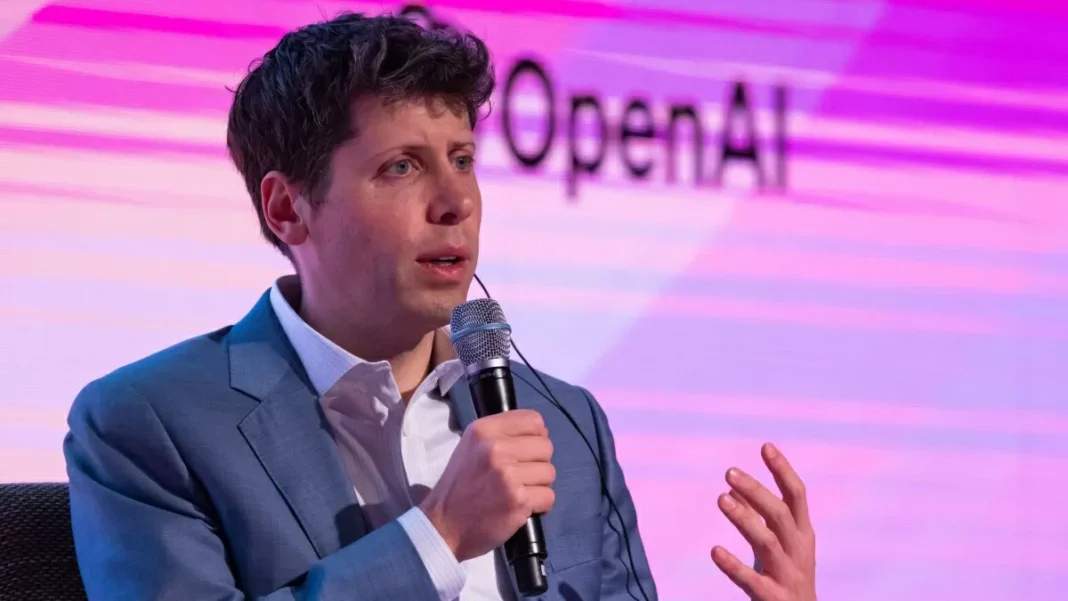A federal judge has set a trial date for the highly anticipated lawsuit between tech giants Elon Musk and Sam Altman. The trial, which is scheduled for March 16, will address Musk’s challenge against Altman’s plan to restructure OpenAI into a for-profit entity.
US District Judge Yvonne Gonzalez Rogers has rejected Musk’s request to halt the transformation, but has expedited the trial to address his claim that the restructuring is unlawful. This decision comes after months of legal battles and public disagreements between the two influential figures in the tech industry.
The dispute began when Altman, the former president of Y Combinator, announced his plan to turn OpenAI, a non-profit artificial intelligence research company, into a for-profit entity. This move would allow the company to attract more investment and compete with other AI companies in the market.
However, Musk, who co-founded OpenAI in 2015 but left the board in 2018, has been vocal about his opposition to this decision. He believes that the transformation goes against the company’s original mission of promoting responsible AI development for the betterment of humanity.
In his lawsuit, Musk claims that the restructuring is a breach of fiduciary duty and a violation of the company’s bylaws. He also argues that the decision was made without proper shareholder approval and without considering the potential negative impact on the company’s employees and the public.
Despite Musk’s efforts to halt the transformation, Judge Gonzalez Rogers has allowed the process to continue, stating that the decision was made in the best interest of the company. However, she has also recognized the urgency of the matter and has expedited the trial to address Musk’s concerns.
The trial is expected to be a high-profile event, with both Musk and Altman being prominent figures in the tech industry. It will also shed light on the growing tension between the pursuit of profit and ethical responsibility in the development of AI technology.
OpenAI, which was founded with the goal of promoting responsible AI development, has been at the forefront of the debate on the potential dangers of artificial intelligence. The company has made significant contributions to the field, including developing the GPT-3 language model, which has been praised for its impressive capabilities but also criticized for its potential to spread misinformation.
The outcome of this trial will not only affect the future of OpenAI but also have implications for the entire tech industry. It will set a precedent for how companies should balance the pursuit of profit with ethical considerations in the development of AI technology.
In the midst of this legal battle, it is important to remember the original mission of OpenAI – to promote responsible AI development for the betterment of humanity. Both Musk and Altman have been instrumental in the company’s success, and it is clear that they both have the best interests of the company at heart.
As we await the trial, it is crucial for all parties involved to come together and find a solution that aligns with the company’s original mission. The development of AI technology has the potential to bring about significant advancements and benefits for society, but it must be done responsibly and ethically.
In the end, the success of OpenAI should not be measured solely by its profitability, but also by its impact on society and the world. Let us hope that the trial will bring about a resolution that upholds the company’s values and promotes responsible AI development for the betterment of humanity.


